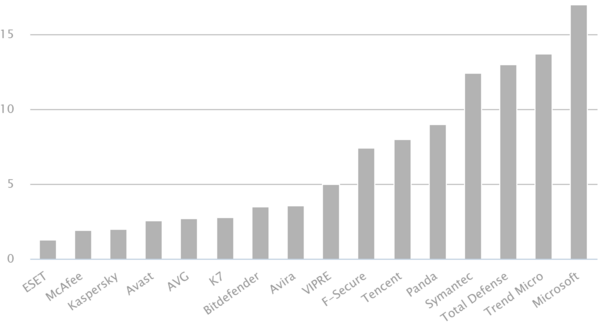Hardware rigging or cloud gaming? As Google moves forward its new Stadia cloud gaming service, home gamers might be thinking again about where they can play to achieve the most fragging. Certainly, Stadia packs a lot of features that make it seem like a gamer’s paradise come true – 4K HDR at 60 frames per second, multiplatform access to games via in-browser streaming, and a State Share feature to allow viewers to hop in and start playing in games live stream.
Can Stadia really provide for the high performance needs so sought after by gaming hardware devotees? One of the unfortunate dependencies when using Stadia for gaming is your internet connection. Granted, a strong network connection can give you the best Stadia has to offer. However, if you are used to experiencing poor video quality at home whenever you are trying to stream Netflix at 4K, or your internet service provider has set too low of a data cap on your internet usage, then say goodbye to high-performance gaming fun on Stadia.
In addition to performance considerations, security-conscious gamers should also have questions around the security of cloud streaming gaming. This past July, Imperva reported the successful mitigation of a large-scale distributed denial-of-service (DDoS) attack conducted over a span of 13 days against an unnamed streaming service. The attackers attempted to break into accounts via brute force or credential stuffing, albeit without success.
Then in August, Imperva reported a data breach of a production Amazon Web Services (AWS) account in which a misconfigured compute instance was compromised, and an AWS API key was stolen. Hosting games in a cloud infrastructure, it appears, certainly carries its own baggage of security concerns.
On top of those incidents, gamers should also have their own privacy concerns over the amount of data that streaming services are surreptitiously hijacking from users. Recent research has found that 69% of Roku channels and 89% of Amazon Fire channels have trackers that are collecting device IDs, MAC addresses, Wi-Fi SSIDs, and even emails, among other data points.
Until we see Google’s new game-streaming service earning trust and tipping the performance scales, gamers should feel well assured that their hardware investments remain the most reliable and secure way to cut down lag and keep them fragging. To address this, we have assembled a set of tips that any gamer can leverage to enjoy the best gaming experience possible.
Five tips for getting top gaming performance on your PC while staying secure
1. As you are shopping for more RAM and a better graphics card, don’t forget to budget a low-impact antivirus software. This is crucial, as some security solutions hit your PC harder than others.
An easy way to know how much an antivirus impacts your system is to check the results of a performance assessment from a reputable testing organization like AV Comparatives. In the latest Consumer Security Software Performance Test by AV Comparatives, ESET Internet Security came out with the lowest impact on system performance:

2. Another consideration to keep in mind is that some antivirus software is oblivious to the fact that you are playing a game. When you finally come up against the boss at the end of a level, there is nothing worse than a pop-up or an automatic scan being initiated by your antivirus program that starts consuming your PC’s resources. ESET Internet Security comes with a Gamer Mode that stops that from happening.You can see for yourself that you can enjoy an uninterrupted gaming experience and have the lowest impact on your system with a free trial here.3. Another item to shop for is a gaming router, which has features to optimize your network for streaming. These routers can filter and prioritize gaming traffic on your network. A further customization they allow is prioritization of traffic for individual gaming devices.4. Finally, in order to maximize the use of your hardware resources for gaming, make sure to shut down other programs on your gaming device. You might be surprised to find how many background tasks are running.5. You can even go a step further and uninstall any unneeded software. This also has the added benefit of freeing up space on your hard drive. You should have at least 20% of hard drive space free for gaming.